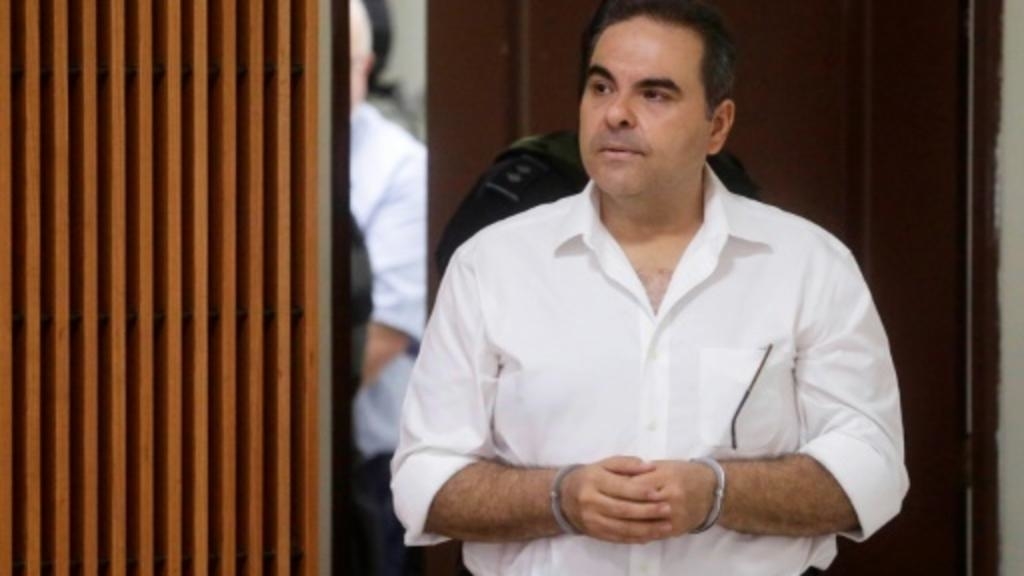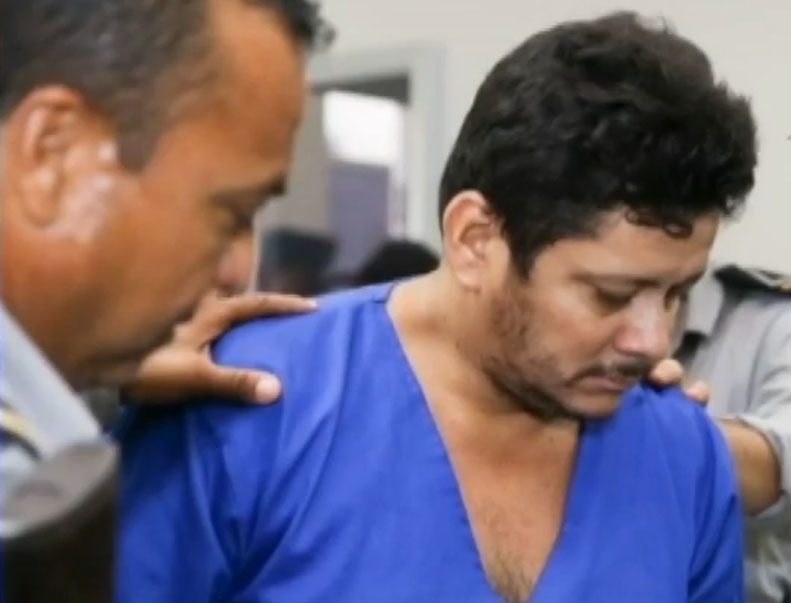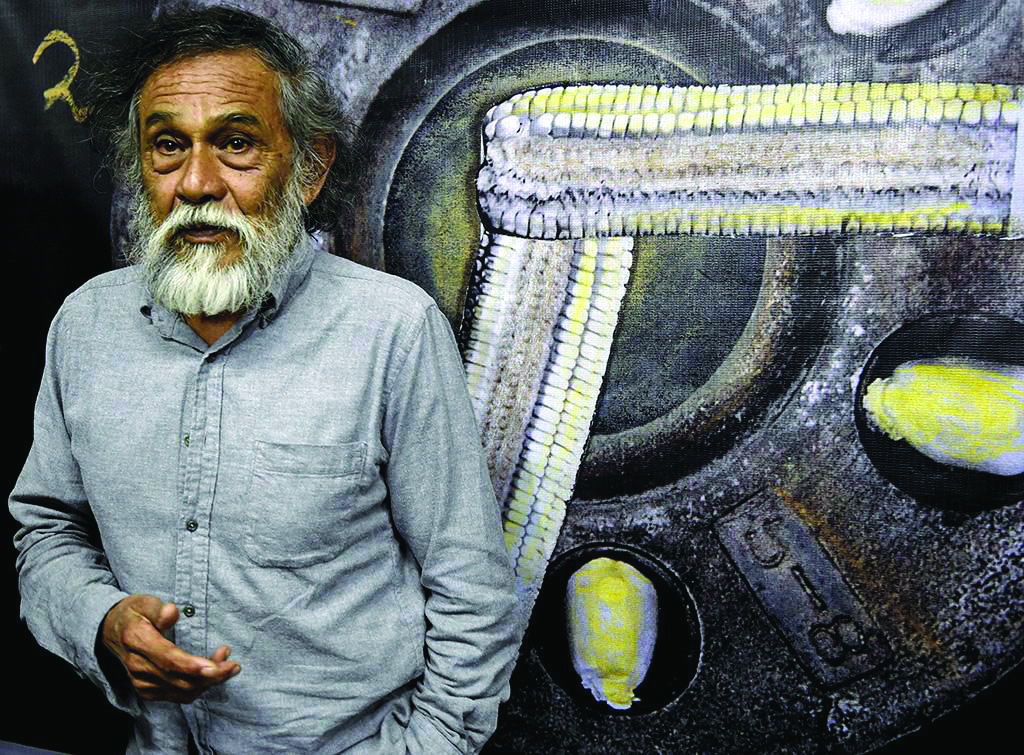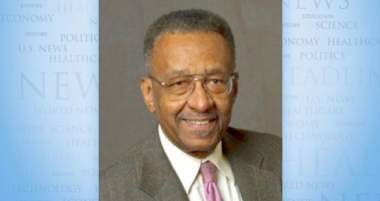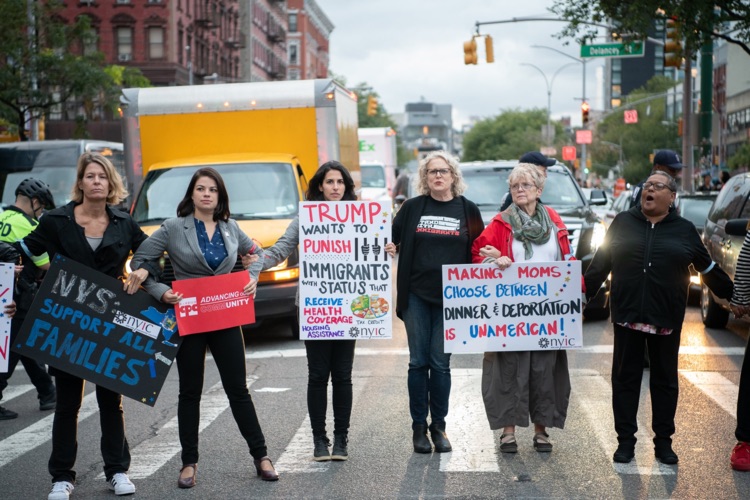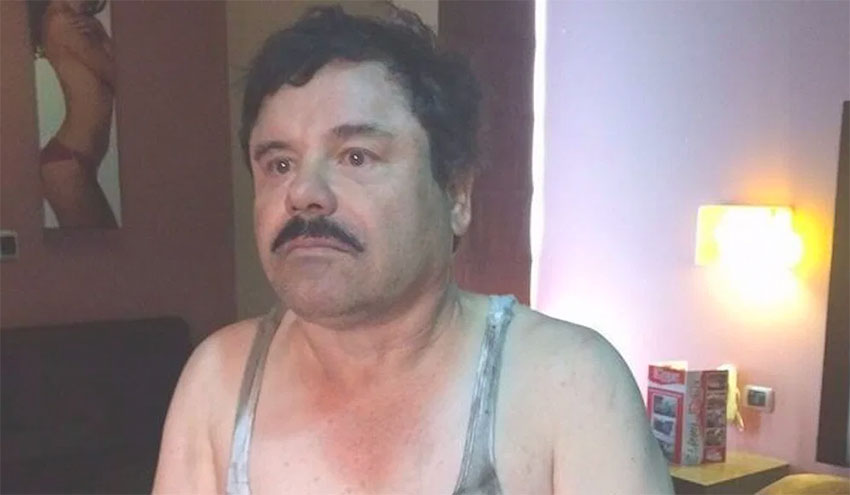by the El Reportero’s wire services
Former Salvadorean President Antonio Saca, imprisoned for embezzling US$301 million during his term, is confessing on Friday a bribe in exchange for a lesser sentence.
Saca, who was president for the right-wing Nationalist Republican Alliance party, agreed to a new abbreviated process with the Attorney General’s Office and is making his confession before the Ninth Court of Instruction, which already sentenced him to 10 years in jail.
The founder of the ruling Great Alliance for National Unity party will confess that he paid about US$10,000 to an employee of the First Civil Chamber in exchange for information on his trial for illicit enrichment.
Judicial sources state that Saca negotiated two years in prison for confessing this crime, which would be added to the 10 years he is already serving in La Esperanza prison, better known as Mariona.
Former First Lady Ana Ligia de Saca also sought to confess the money laundering crime in exchange for passing the process free, but the Attorney General’s Office requires him to return US$17 million and the defense denies he has them.
Brazil negotiates free trade agreement with Mexico
The Brazilian government announced on Tuesday that it had begun negotiations for a free trade agreement with Mexico, a pact that would be between the two biggest economies in Latin America.
The two countries began formal talks this week and it is hoped that the South American country will be able to increase trade with Mexico, mainly in agricultural products, Marcos Troyjo, special secretary for Foreign Trade and International Affairs at Brazil’s Ministry of Economy, told reporters.
He explained that the exchanges are part of his government’s efforts to open up its economy and be able to negotiate with all countries.
The announcement comes after a free trade agreement between the two countries for the import of automobiles and auto parts came into force in mid-March.
The decree was signed in 2002 and since March there have been no barriers to trade in this sector.
Brazil certified another automotive agreement with Argentina, which provides for free trade in vehicles from 2029.
At the end of August, Brazil, as a member of the Southern Common Market (Mercosur), endorsed a free trade pact with the European Free Trade Association, made up of Switzerland, Norway, Iceland and Liechtenstein.
This year Mercosur and the European Union reached a free trade agreement after 20 years of negotiations, although it has yet to be corroborated in the congresses of the committed nations.
Mexican Senate to Approve Law against False Invoices
The Mexican Senate will vote next Tuesday on a reform of the law that toughens sanctions against ghost companies and the sale and use of false invoices to evade the treasury, spokesmen for that chamber announced today.
By equating this illicit within organized crime and considering it as a national security offense for threatening the country’s financial stability, senators satisfy one of President Andrés Manuel López Obrador’s demands.
So far the opinion has been approved only by Morena senators and their allies of the Workers Party and Social Encounter, which are the majority, but the important thing is that it be endorsed by all members.
The proposal establishes that tax fraud in general is considered organized crime, so those who are accused of this crime will have informal pretrial detention.

